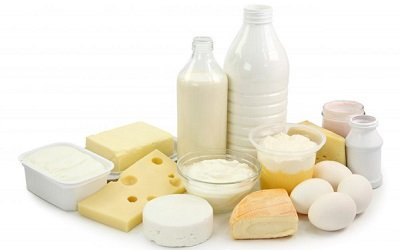Inside BENEO’s new pulse plant: pioneering sustainable protein from faba beans
New Nutrition Business has published the new forecast 12 Key Trends in Food, Nutrition and Health 2014 which predicts that dairy is moving its focus on naturally healthy products instead of adding ingredients. “The dairy industry is moving from an outdated model of adding ingredients that don’t naturally belong in dairy, such as omega-3 oils”, says Julian Mellentin, author of the report.
Companies are focusing on health benefits that are a natural fit with dairy’s wholesome image. The new direction is what some companies are calling “Dairy 2.0”.
Dairy 1.0 – the first wave of functional dairy products – was a two- decade-long effort to shoehorn into dairy products ingredients such as omega-3s, CLA, glucosamine and many others, in order to market medicalised benefits. “Only one was very successful, probiotics,” says Mellentin. “Most of the rest, such as marine omega-3s, were failures.”
In Dairy 2.0, dairy innovation is no longer focused on positioning dairy as a competitor with dietary supplements but on:
a) ingredients and benefits that are a more logical, natural and “easy to accept” fit with dairy
b) new and more interesting product formats, with companies reinventing “old formats” or taking traditional dairy products from one geography and launching them into new geographies where they are “new and exciting”, but adapted to suit the tastes of the new markets like Chobani and Danone.
“Although there is a huge focus on protein claims in dairy products, it’s a mistake to think that this is because consumers are strongly motivated by the health benefits of protein,” says Mellentin. “In fact, it’s only motivating to about 20% of consumers. Protein’s big advantage is that it delivers superior taste and texture to dairy products, and health, for most people, is in second place.”

